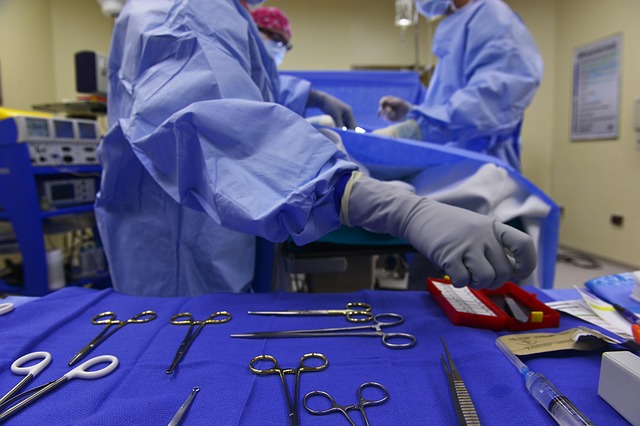The Dutch government has passed a law that means all adults citizens will be considered organ donors unless otherwise stipulated in a form that exempts.
The law was accepted and instated after it received 38 votes in favour and 36 against by the Dutch Senate. It passed the lower house of Parliament in 2016 by a slim margin of 75 in favour and 74 against. Among the most contentious issues was the role of direct relatives in the decision-making process. Under the law, family members, in conjunction with the physician team, can overrule the decision made by the deceased relative. The new donor law goes into effect in July 2020 after approval from King Willem-Alexander.
The law is expected to contribute to aiding in a shortage of organs in the Netherlands, and will mean that any Dutch citizen who is older than 18 years, who has not yet registered to be an organ donor, will receive a letter asking whether they wish to donate their organs upon death. If they do not respond to the letter within six weeks, they will automatically be defaulted as a donor.
Their organ donation status can be changed at any time, however.
There are approximately 1 100 people waiting for organ donation in the Netherlands, and the new law also aims to put less pressure on family members to decide the fate of their loved one’s organs.
In South Africa, solid organs such as the heart, lungs, liver, kidneys, and pancreas can only be donated if a loved one has been diagnosed with brain death and is on a ventilator in a hospital. In this case, upon receiving the call, the Organ Donor Foundation will pass on the information to the nearest transplant centre and soon thereafter a transplant coordinator will contact the relative who placed the call.
To visit the Organ Donor Foundation, click here.
Picture: Pixabay

